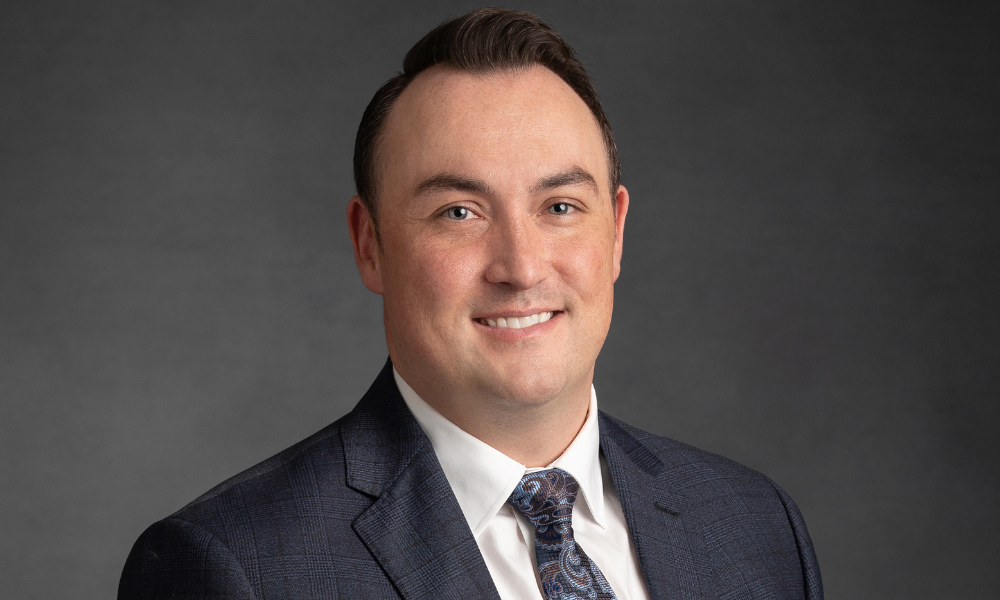Financial planner expresses frustration over extra administrative duties, she says are not a priority for her clients.
Punish all for the acts of a few. That is what one advisor feels the industry is up to, as regulators run an increasingly tighter ship.
“It’s just a part of being in the business,” says financial planner Rona Birenbaum, founder of Caring for Clients. “Even if you are a responsible advisor and you put a client’s interests first and document everything, if there is a percentage of the industry that doesn’t do that, than it’s just going to be more work for all of us.”
Although Birenbaum believes in the philosophy behind regulation, adding that client protection is paramount and professional bodies must be in place to keep things in check, she says playing 'big brother' can go too far.
“Unfortunately, like with many things, the pendulum is swinging a little too far,” she says. “Regulators can only see black and white, and there is a lot of grey in our business.”
In particular, Birenbaum cites additional requirements – like seeking mandatory client approval for the simple change of a phone number – as time wasters, which negatively impact service levels and the overall client experience.
“What’s been frustrating to me is how much time, energy and money is being spent on activities – and these are things like crossing your Ts and dotting your Is – really mundane things that are adding a level of cost and time to the business,” she says. “We are devoting some of our time and attention to activities that aren’t quite as value-added.” (continued.)
#pb#
Birenbaum believes – if surveyed – her clients would rate these activities low on the priority scale, while keeping costs down is their top concern. This becomes challenging, for advisors, she says, if they have to invest more time and money into administrative activities.
“I know that investors out there are looking for us to all try and reduce costs and I’m always looking to try and reduce my fees to clients wherever I can,” she says. “This type of thing interferes with our ability to do that.”
Despite her frustrations, Birenbaum believes the industry is on the right track and will be in a better place once the dust settles.
“I don’t resist it because I know where it’s coming from and I’m not about to fight that tide …,” she says. “I think we will end up in a good place, but being in it is like being in the middle of a hurricane.”
Another Toronto advisor, John De Goey, with Burgeonvest Bick Securities Ltd., believes the changes are a long-time coming with the industry finally getting the recognition it deserves.
“The business of giving financial advice is in the process of becoming a profession the way law, medicine and accounting are professions, which is to say enshrined and statute, with laws being written by provincial governments to further regulate and emasculate the reputation of and regulation of the people who offer this service," he says.
"Finally. I’ve been doing this for 20-odd years and we’re finally getting around the point of recognizing that this is important."
“It’s just a part of being in the business,” says financial planner Rona Birenbaum, founder of Caring for Clients. “Even if you are a responsible advisor and you put a client’s interests first and document everything, if there is a percentage of the industry that doesn’t do that, than it’s just going to be more work for all of us.”
Although Birenbaum believes in the philosophy behind regulation, adding that client protection is paramount and professional bodies must be in place to keep things in check, she says playing 'big brother' can go too far.
“Unfortunately, like with many things, the pendulum is swinging a little too far,” she says. “Regulators can only see black and white, and there is a lot of grey in our business.”
In particular, Birenbaum cites additional requirements – like seeking mandatory client approval for the simple change of a phone number – as time wasters, which negatively impact service levels and the overall client experience.
“What’s been frustrating to me is how much time, energy and money is being spent on activities – and these are things like crossing your Ts and dotting your Is – really mundane things that are adding a level of cost and time to the business,” she says. “We are devoting some of our time and attention to activities that aren’t quite as value-added.” (continued.)
#pb#
Birenbaum believes – if surveyed – her clients would rate these activities low on the priority scale, while keeping costs down is their top concern. This becomes challenging, for advisors, she says, if they have to invest more time and money into administrative activities.
“I know that investors out there are looking for us to all try and reduce costs and I’m always looking to try and reduce my fees to clients wherever I can,” she says. “This type of thing interferes with our ability to do that.”
Despite her frustrations, Birenbaum believes the industry is on the right track and will be in a better place once the dust settles.
“I don’t resist it because I know where it’s coming from and I’m not about to fight that tide …,” she says. “I think we will end up in a good place, but being in it is like being in the middle of a hurricane.”
Another Toronto advisor, John De Goey, with Burgeonvest Bick Securities Ltd., believes the changes are a long-time coming with the industry finally getting the recognition it deserves.
“The business of giving financial advice is in the process of becoming a profession the way law, medicine and accounting are professions, which is to say enshrined and statute, with laws being written by provincial governments to further regulate and emasculate the reputation of and regulation of the people who offer this service," he says.
"Finally. I’ve been doing this for 20-odd years and we’re finally getting around the point of recognizing that this is important."



